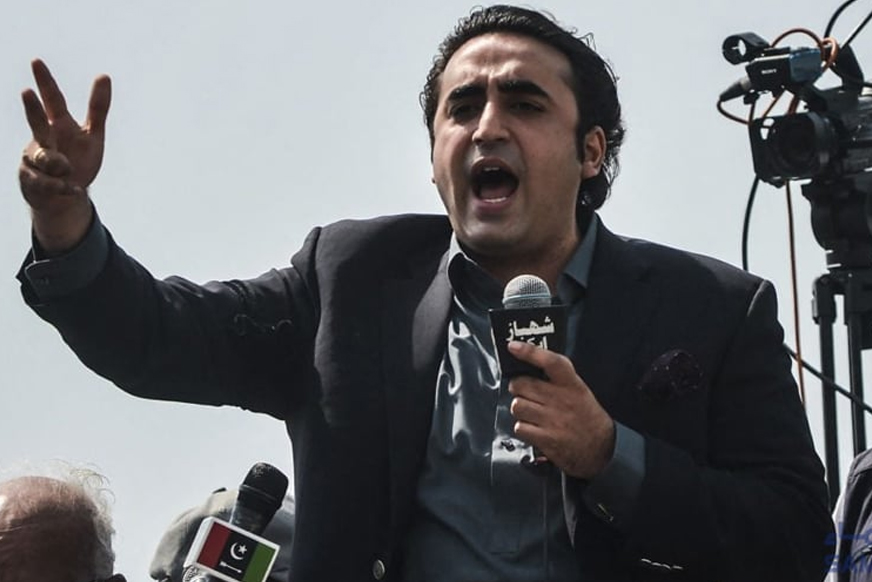In a spirited address to party workers in Abbottabad on Thursday, Chairman of the Pakistan People’s Party (PPP), Bilawal Bhutto, lashed out at the Pakistan Muslim League-N (PML-N), accusing them of maintaining old politics.
Bilawal passionately appealed to the public to entrust him with the role of Prime Minister, emphasizing the need for fresh and energetic leadership over the familiar faces of the past.
During the convention, Bilawal declared, “It is better to give me a chance rather than making the people prime minister for the second or fourth time, and I won’t disappoint you if elected to power. It is high time for elder politicians to take a rest at their homes and allow energetic leadership to serve the masses effectively.”
The PPP chairman declared to wholeheartedly serve the masses, addressing issues such as the exceptional rise in prices and unemployment.
Expressing optimism about the upcoming general elections, Bilawal stated his commitment to emerge successful and lead the nation as Prime Minister.

Taking a direct shot at the PML-N, Bilawal, who was once an ally in the Pakistan Democratic Movement, criticized the old faces in the political arena, suggesting that they should step back and make room for a new generation of leaders.
He stated, “Our major concern is to address the problems faced by the people in line with poverty, unemployment, and inflation.”
Bilawal expressed confidence that the PPP would secure victory in the general elections in Khyber Pakhtunkhwa, unlike in the past. He thanked the people of the region for their overwhelming support, marking the beginning of the party’s campaign.
Highlighting the PPP’s past contributions, Bilawal pointed to Asif Ali Zardari’s leadership between 2008 and 2013. He credited the party for introducing the 18th Amendment and the NFC Award, accomplishments that, according to Bilawal, have made the PPP proud.
As the political landscape in Pakistan evolves, Bilawal Bhutto positions himself as the torchbearer of a new era, urging voters to choose a path away from what he perceives as the lack of progress of old politics.



